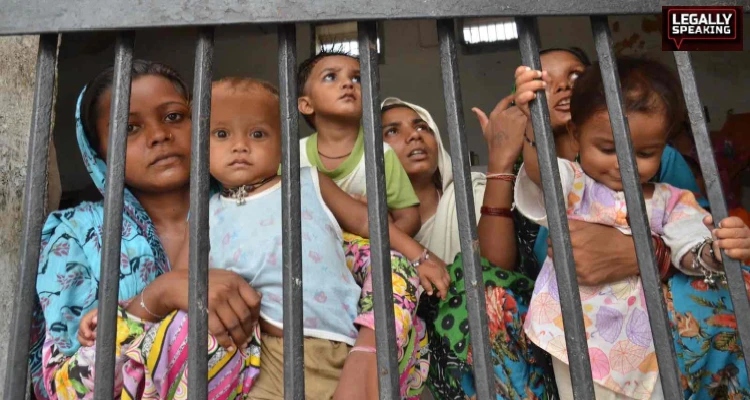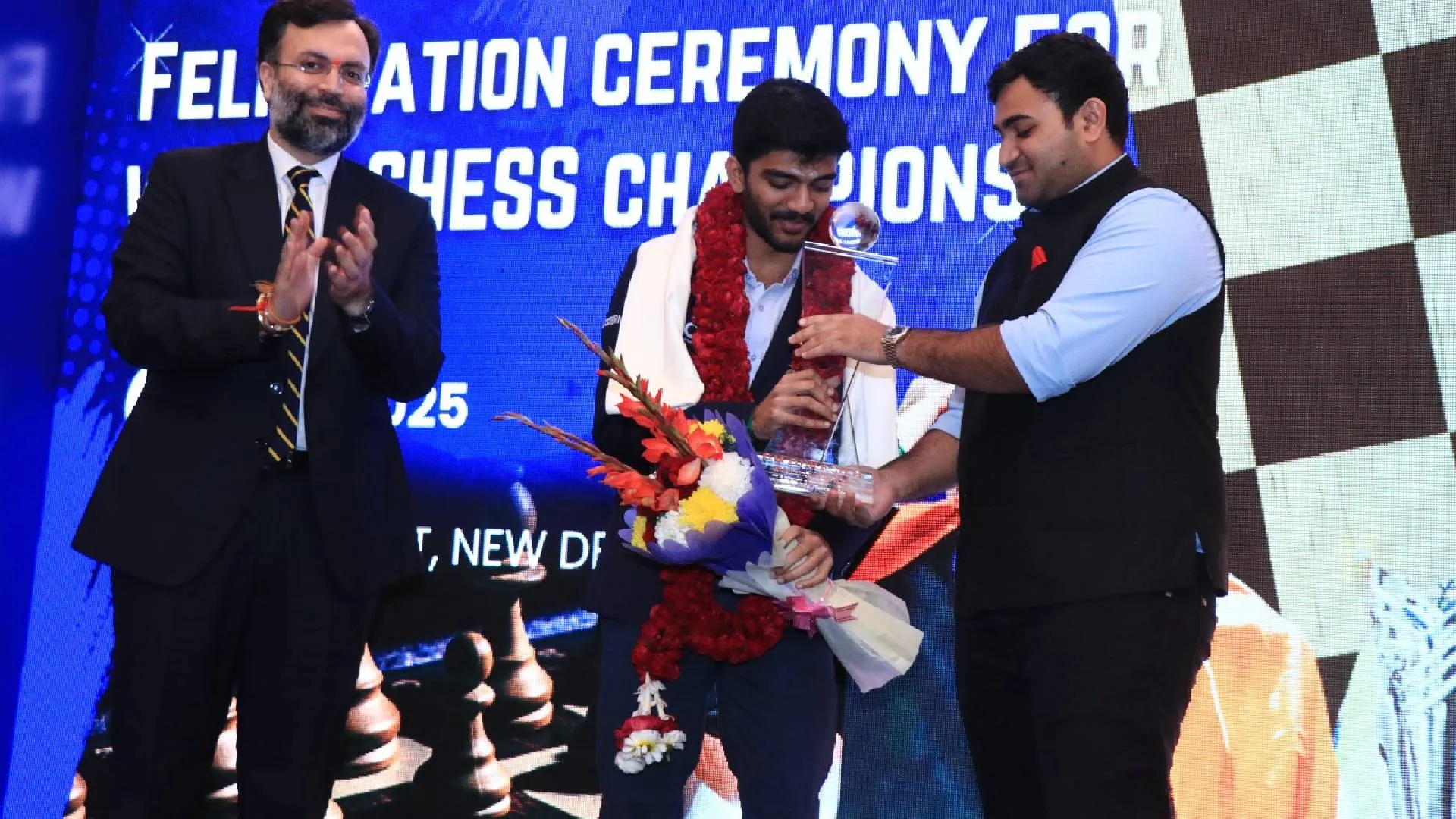Sixty-two babies have been born in West Bengal jails over the past four years, with most of the women inmates expecting when brought into prison, the Supreme Court has been informed.
Last week, the apex court took cognizance of allegations concerning several women prisoners in West Bengal becoming pregnant while in custody.
Senior advocate Gaurav Agrawal, assisting the court as an amicus curiae in a matter titled ‘Inhuman conditions in 1,382 prisons,’ informed the court about children born to women prisoners while in custody, based on information received from the Additional Director General and Inspector General of Correctional Services, West Bengal.
To understand security measures in jails or barracks for women, Agrawal discussed with jail authorities of Rajasthan, Haryana, and Delhi. He noted that in some places, such as Delhi’s Tihar jail, there are separate jails for women with only female officials allowed inside.
In cases requiring male doctors or visits by male officials, a female guard accompanies them.
Similar protocols are followed in women’s barracks in other jail complexes, Agrawal stated. He emphasized the need for a comprehensive security audit of women’s jails and barracks nationwide, along with an examination of medical facilities to ensure proper examinations of women upon admission and at regular intervals.
Agrawal noted that the apex court had already directed the constitution of a committee to examine aspects of overcrowding in jails and suggested a separate committee for women’s jails. In his application, Agrawal proposed that the most senior female judicial officer in a district, accompanied by the senior-most female police officer and superintendent of the jail or barrack concerned, assess the existing security apparatus. They should also ascertain the availability of female personnel for security and welfare of female prisoners and ensure medical examinations upon admission and periodically thereafter.
He suggested the involvement of a female member of the Child Welfare Committee in jails housing children to examine the availability of facilities like creches and schooling. On February 9, the apex court acknowledged the allegations of women inmates getting pregnant in West Bengal prisons and directed Agrawal to investigate and submit a report.
The Calcutta High Court, on February 8, transferred a related matter to a criminal division bench after an amicus curiae claimed some women prisoners in West Bengal’s correctional homes had become pregnant while in jail, with 196 babies born.
Lawyer Tapas Kumar Bhanja, appointed as an amicus curiae by the high court in a 2018 suo motu motion on prison overcrowding, had suggested barring male correctional home employees from entering enclosures meant for women prisoners.























